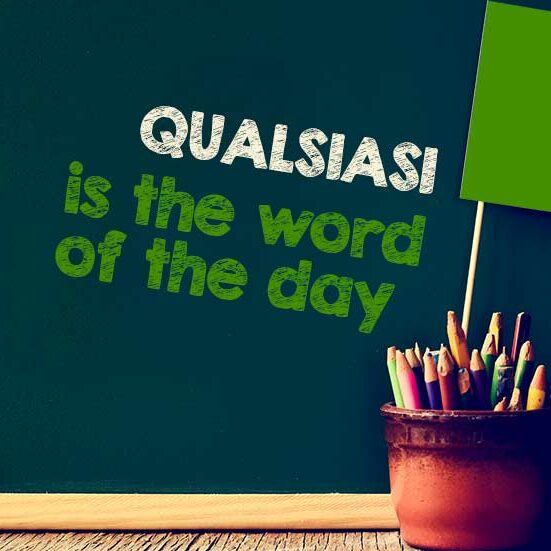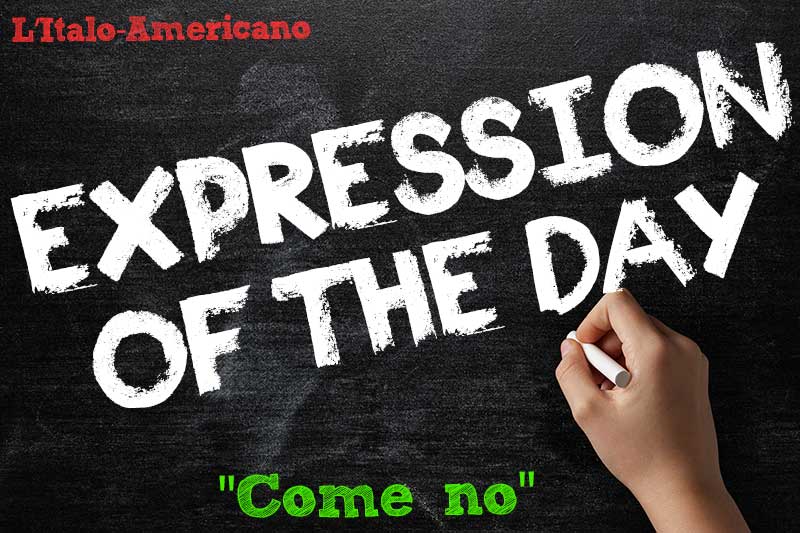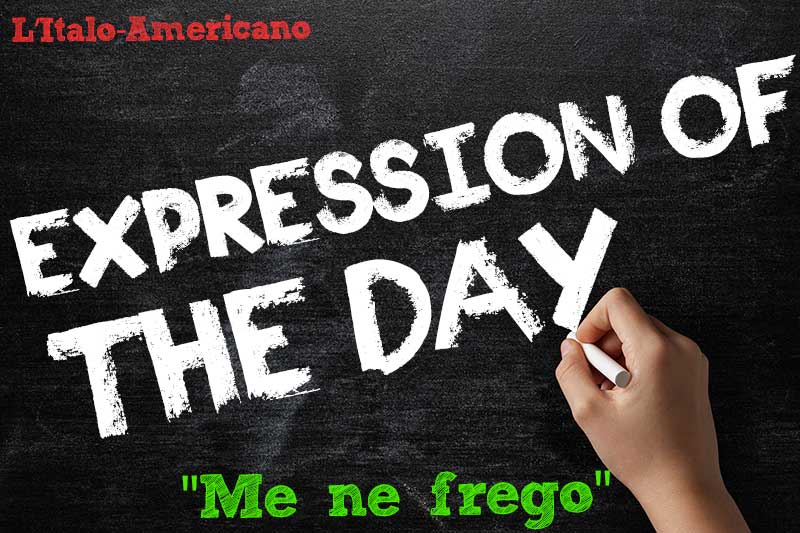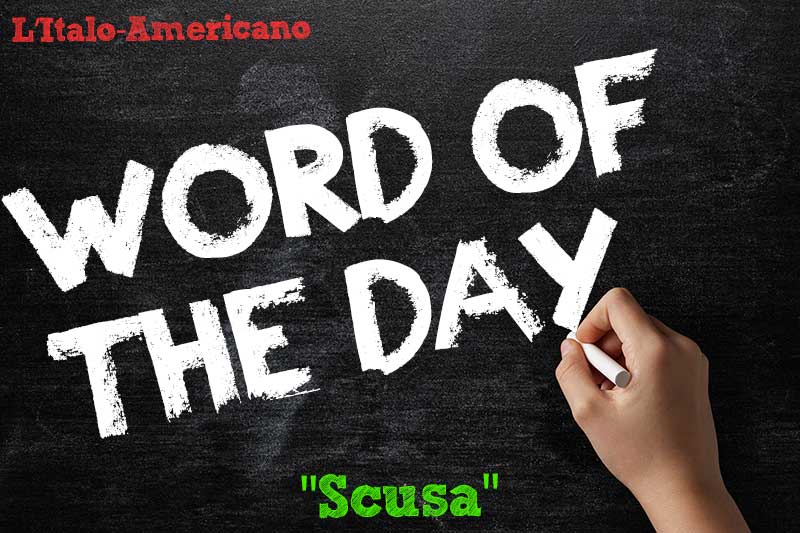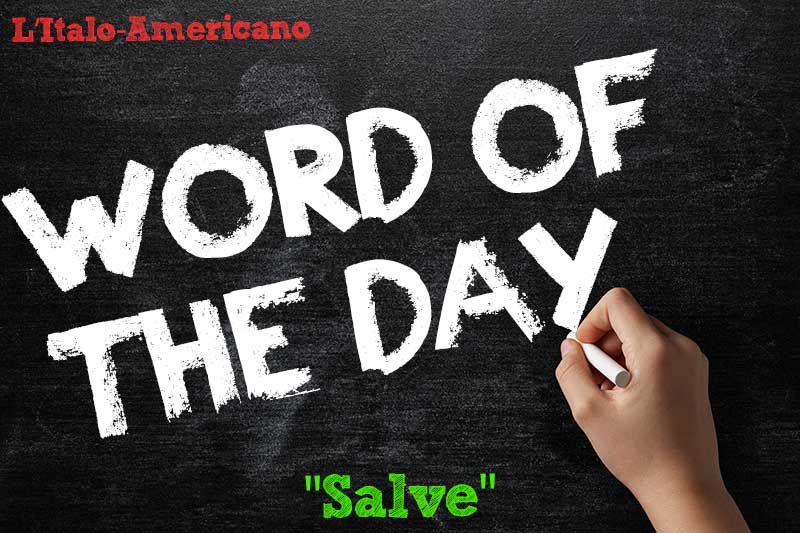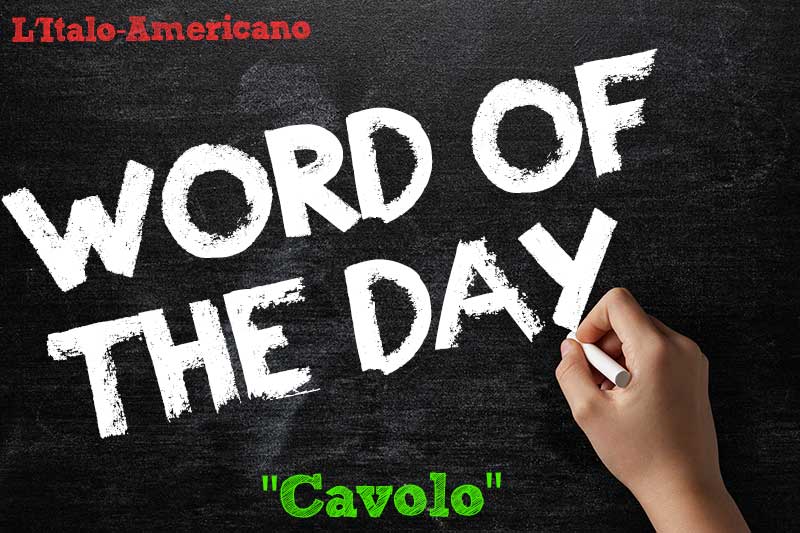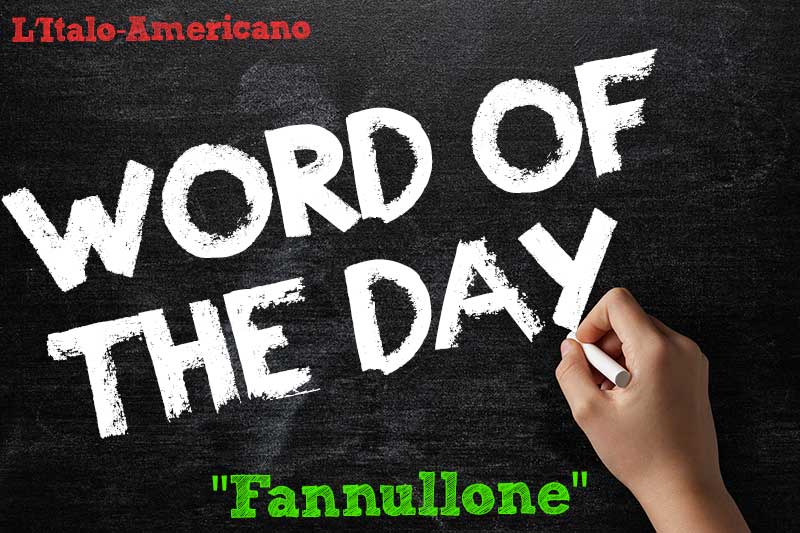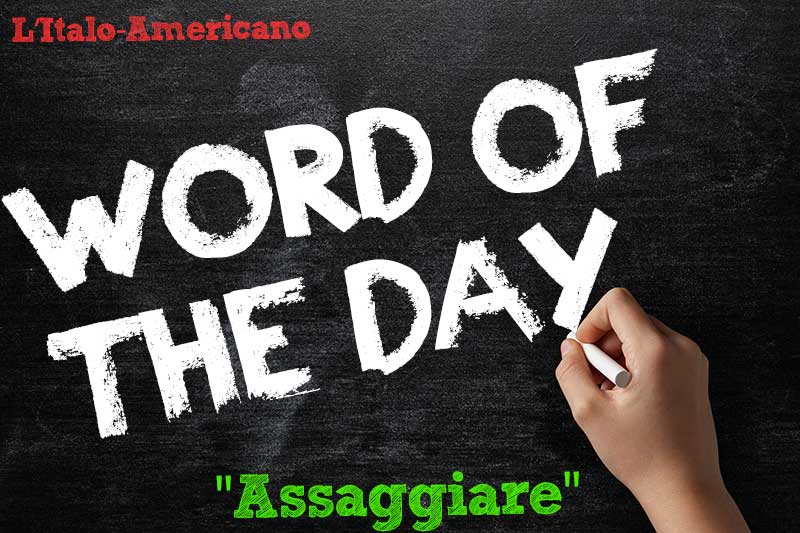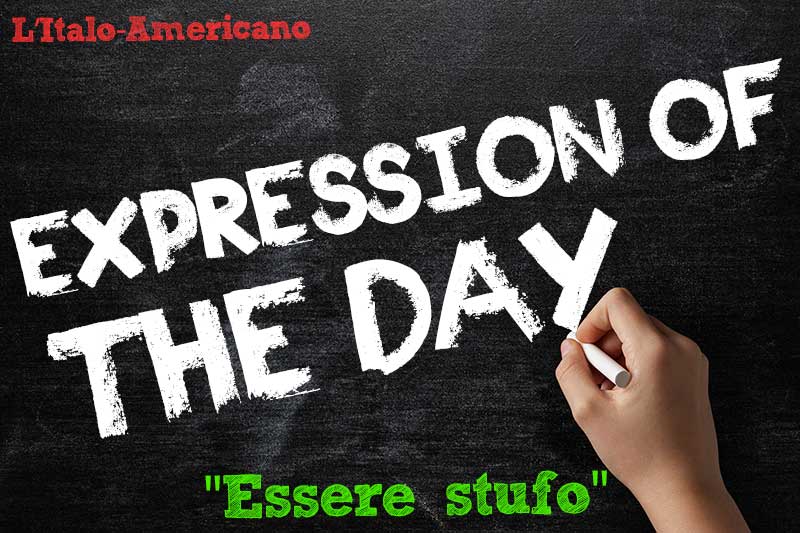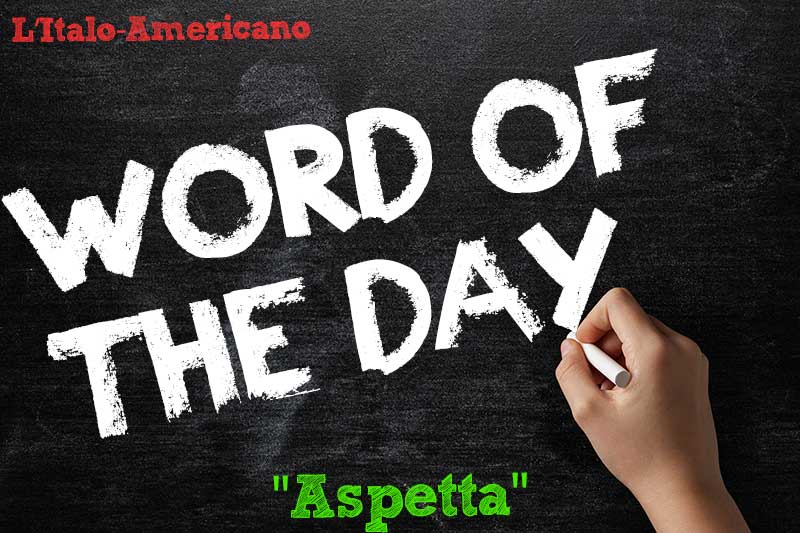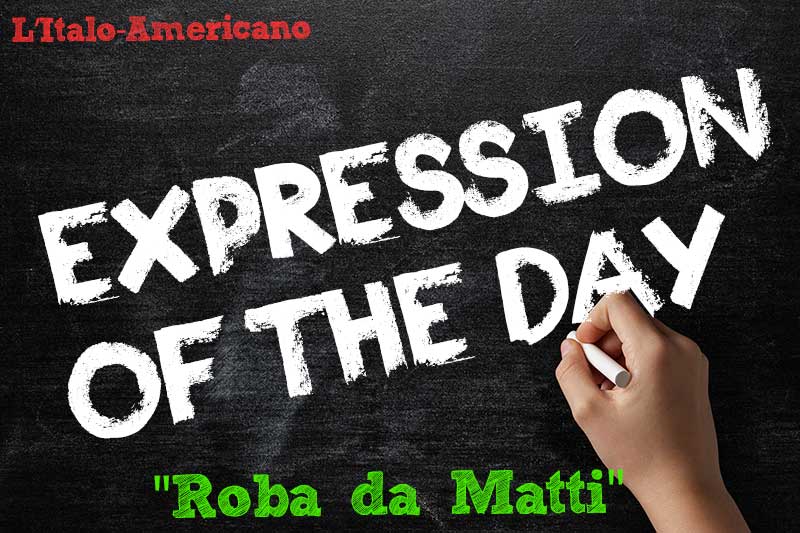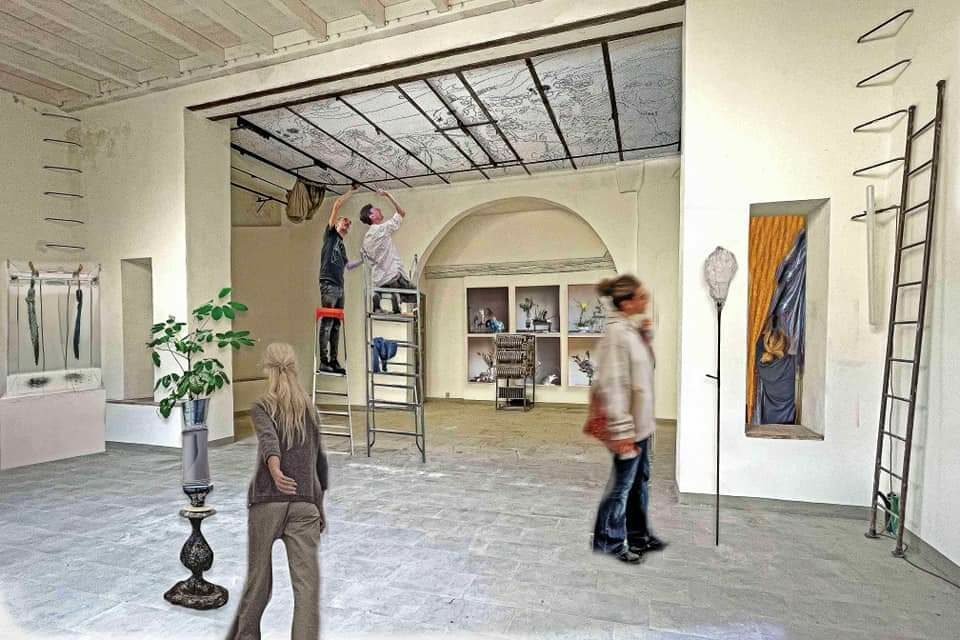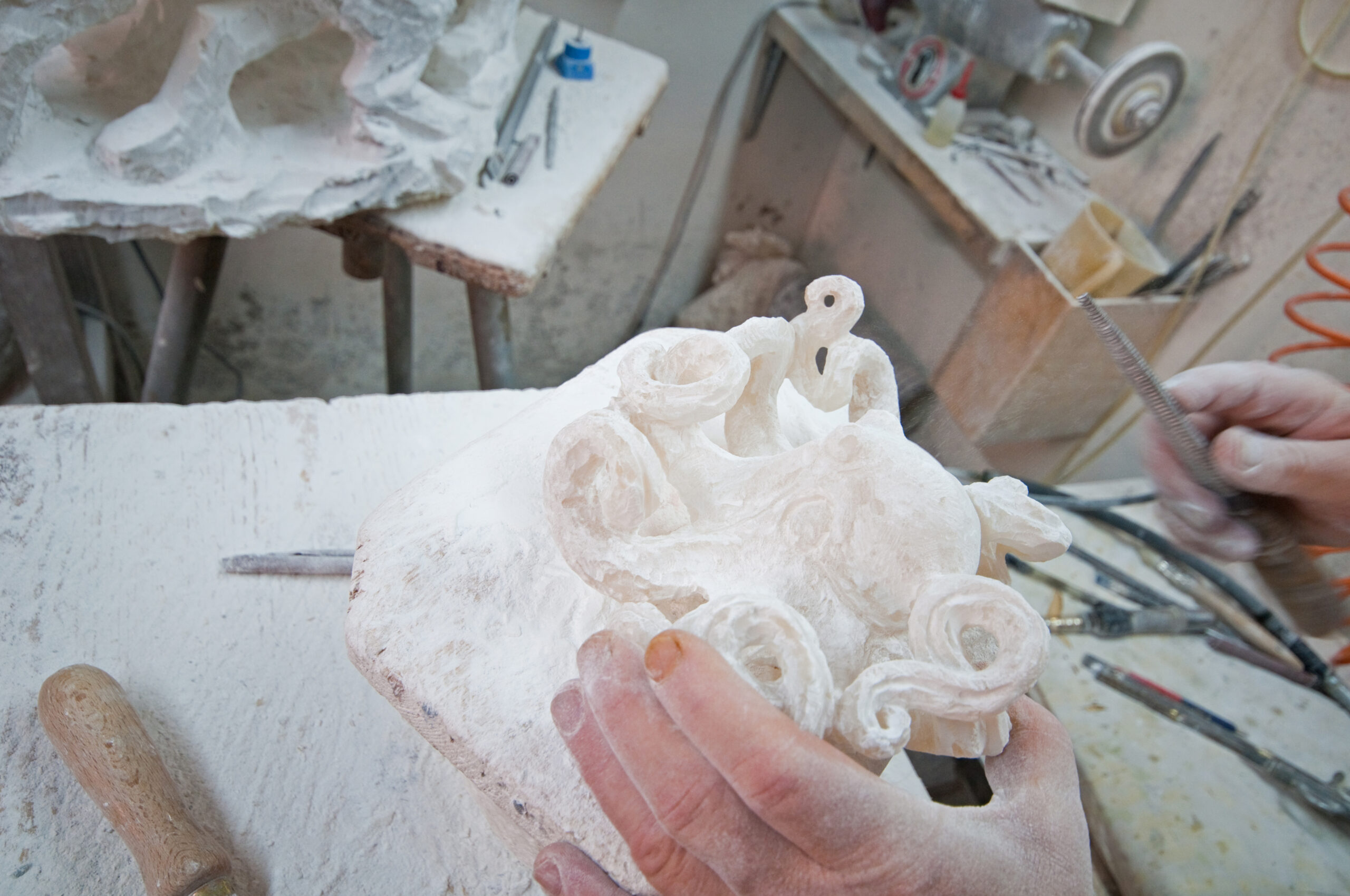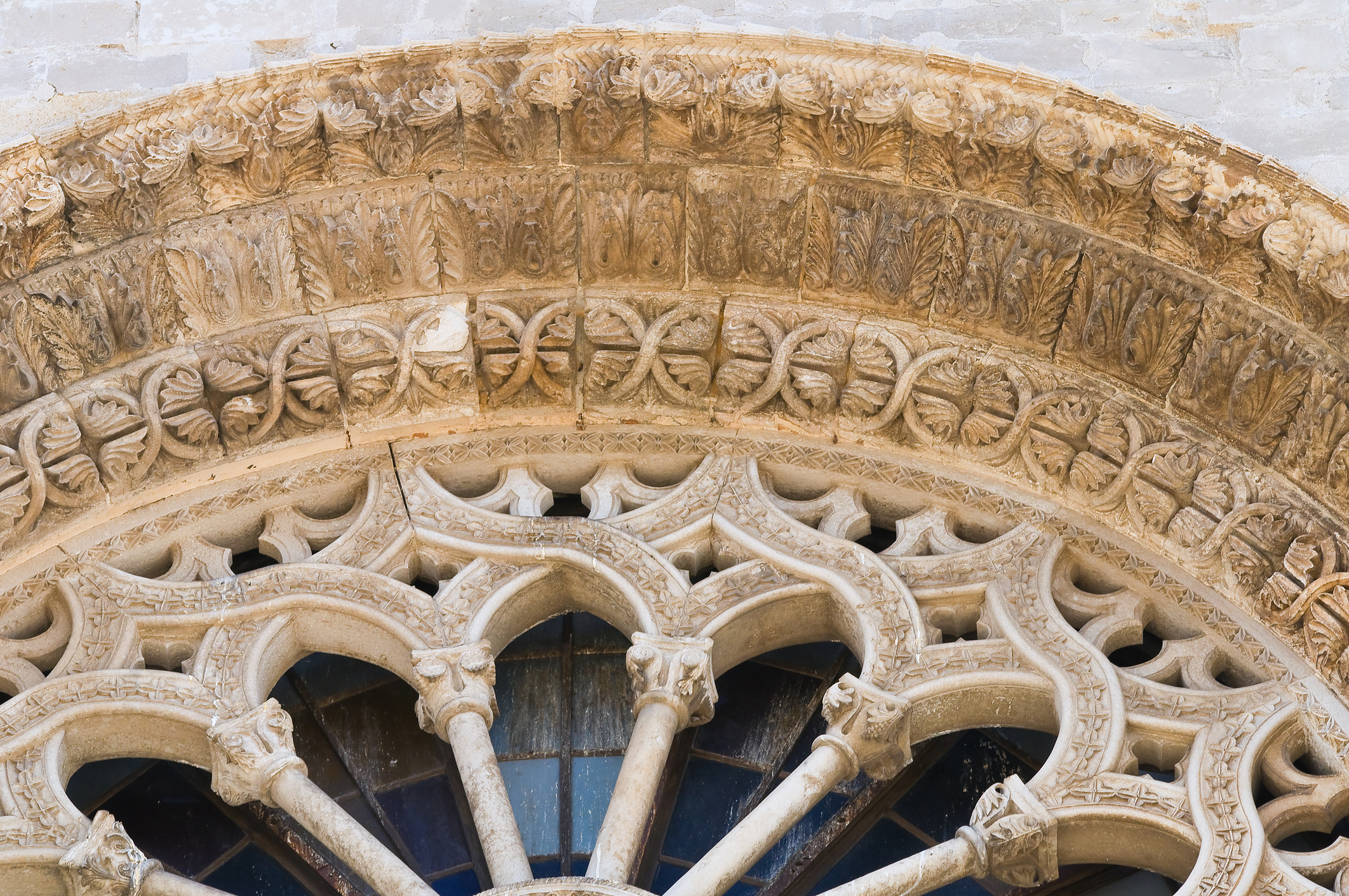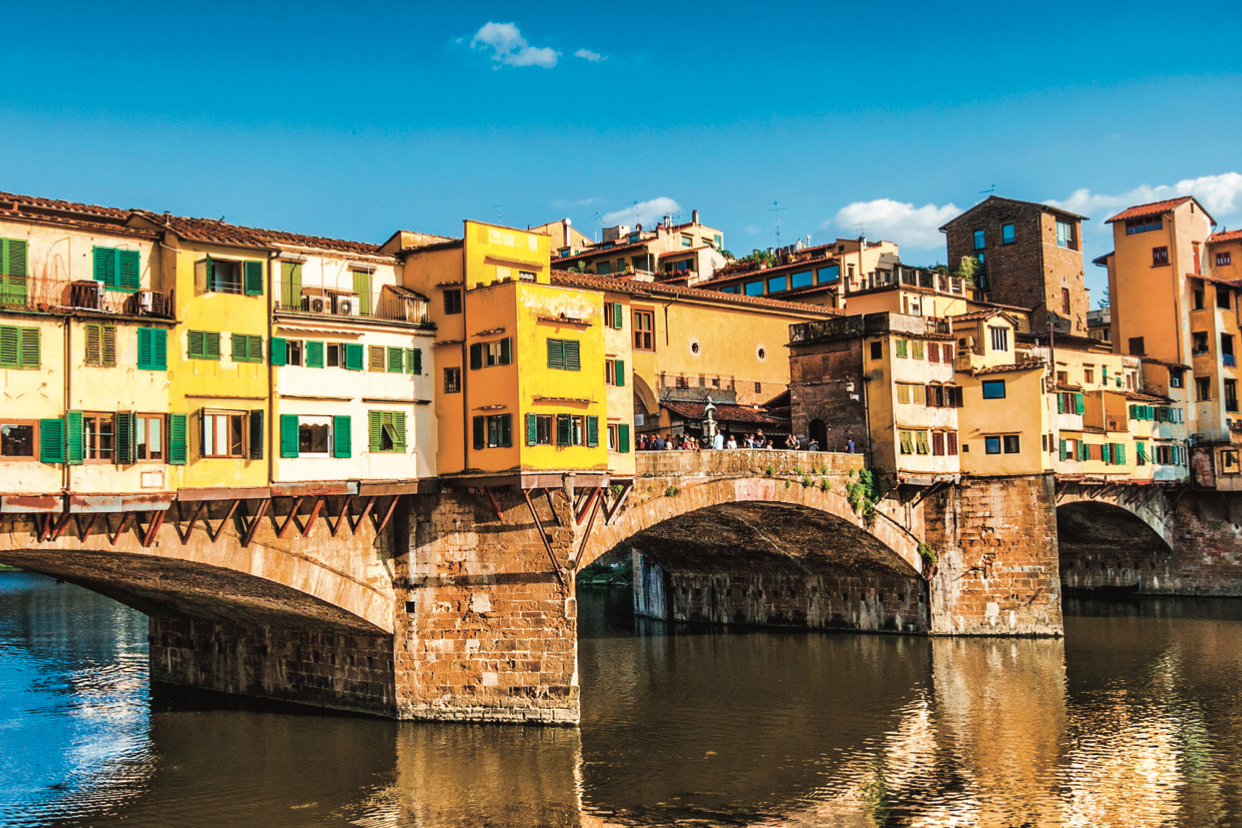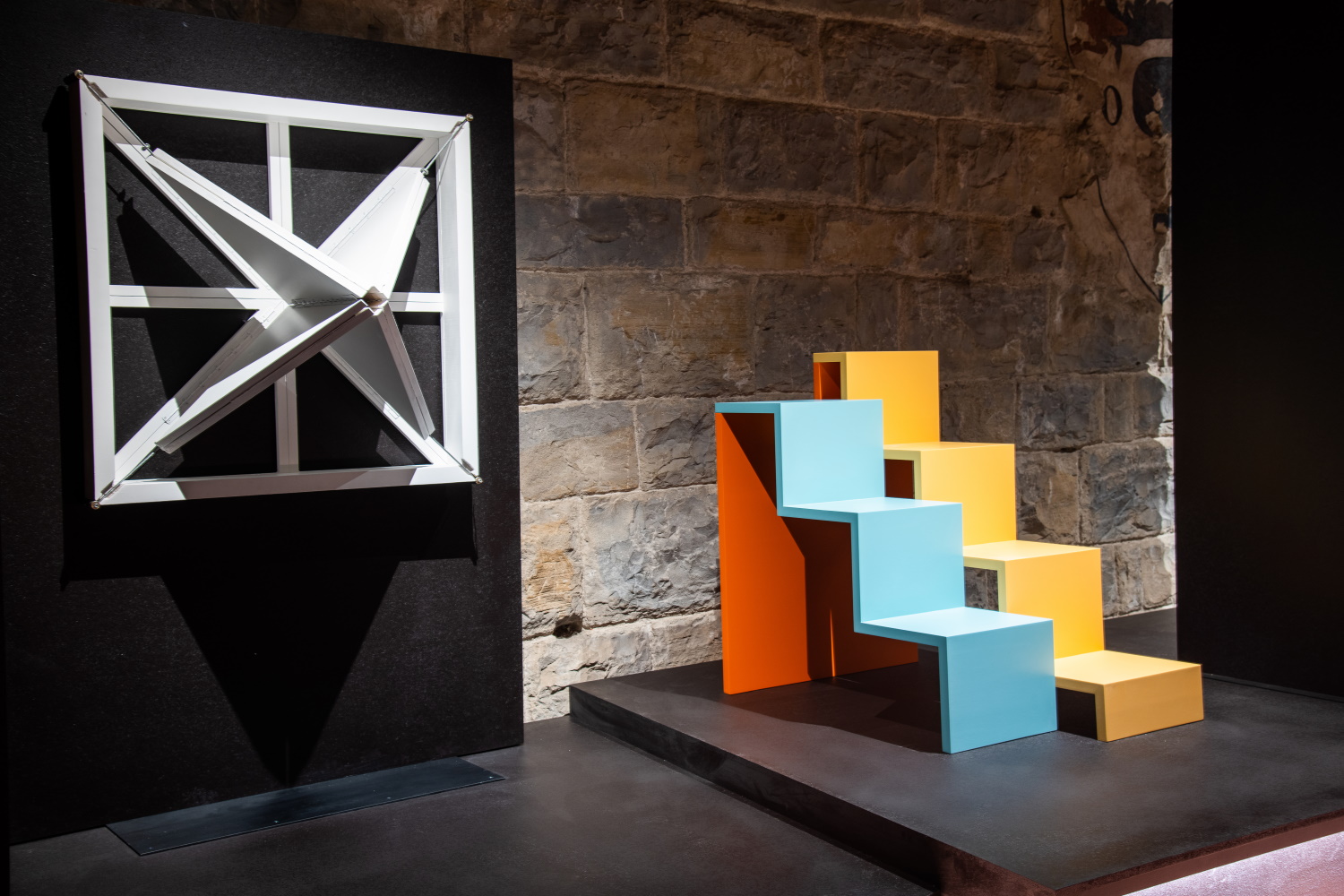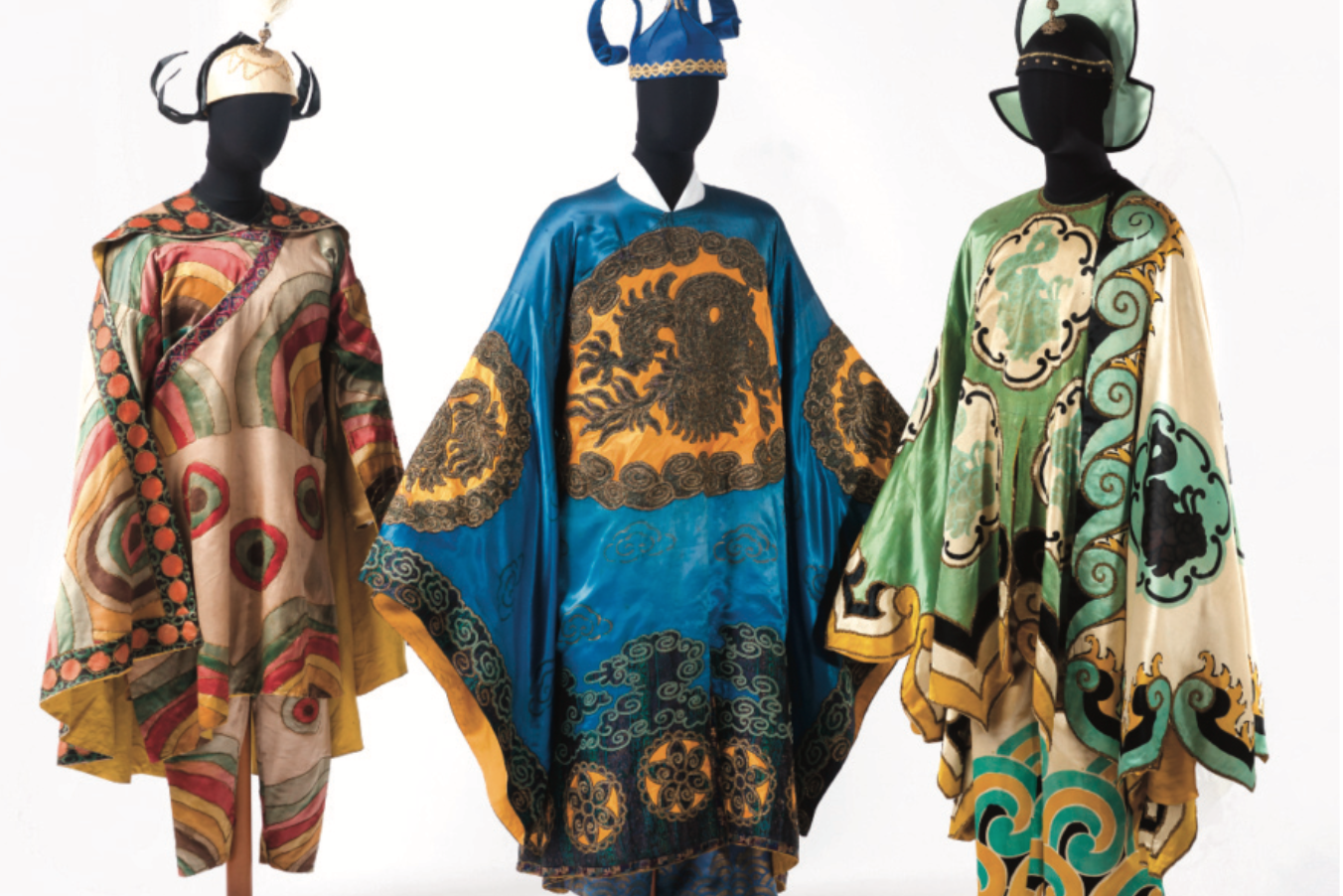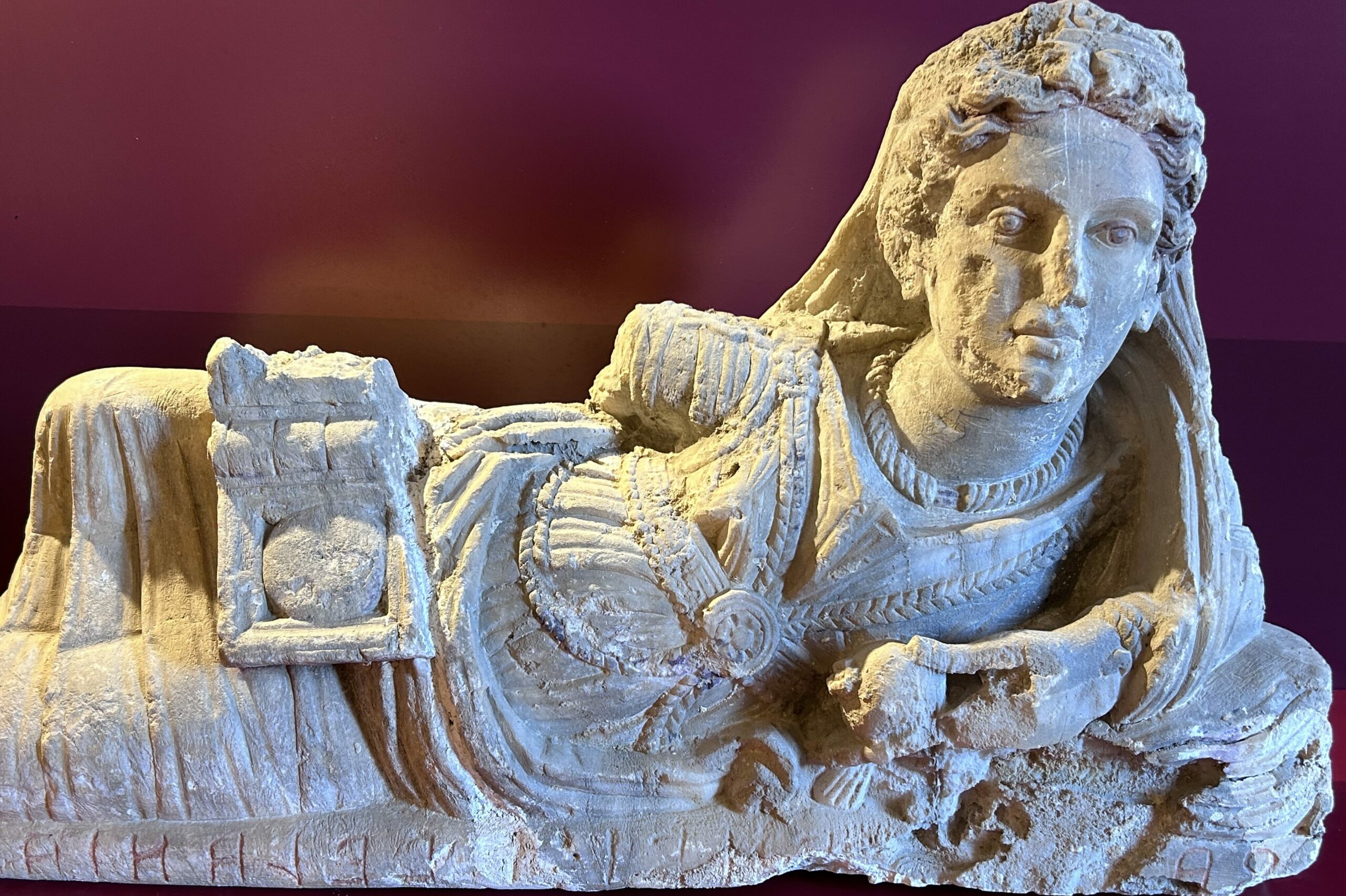Word of the Day
Literally, come no (co-mai noh) means nothing. No, seriously: “like no.” That’s the literal meaning of the words. But in practice, it’s one common locution indeed, and also quite a refined one at that, because it can mean something, or …
Me ne frego (meh neh freh-goh) is a popular expression in Italian, that can be translated in English with “I don’t care” but also with the more incisive “I don’t give a damn.” Etymologically, it comes from the verb fregare, …
Scusa (sk-oo-sah), is just as ubiquitous in the Italian language as its translation, “sorry,” is in English, and it is used in the exact same way. Scusa is the second person singular of the word scusare, which means “to excuse, to apologize” and a noun that corresponds to the English “excuse, pretext.” So we have “scusa, devo andare” (Sorry, I’ve got to go), but also “la tua è solo una scusa” (yours is only an excuse). In Italy, scusa is used continuously: we are mannerly, but we are also pretty good at getting out of difficult or unwanted situations using an excuse when necessary. Take the sentence scusa, stasera non posso uscire perché ho mal di testa, “Sorry, I can’t go out tonight, I’ve a headache.” It puts togeether the two meanings of “scusa:” the apology and the excuse, because — as we all known— having a headache is the most common excuse to avoid doing something we don’t want to do. Scusa, sono in ritardo. …
Salve (sahl-vai), is a strange Italian word indeed. It is a Latin word — no, it “does not come from” Latin, it actually is Latin! — whose use is attested in Italian in all epochs. The linguists among you may …
Cavolo! (cah-voh-loh) is one of those words you often don’t know whether you can or cannot say in public. When you were a child, your mom likely disapproved of you using it, while, as an adult, you understand it comes …
If they tell you sei un fannullone (pronounced fahn-nool-loh-neh) you should either reconsider the people you hang with or your work ethics. While fannullone may sound pretty funny, with all those double consonants and the –one ending — doesn’t it …
Assaggiare (ah-ss-ah-djah-rai) is one delicious verb: it means to taste, or try out, food. You may be familiar with expressions like fammi assaggiare! (Let me try it!) or assaggia la pasta prima di scolarla (try the pasta before draining it), …
The expression essere stufo (ehs-eh-rai stoo-foh) comes from the Italian verb stufare, and began to be used with the meaning we are familiar with today sometime in the 16th century, even though it was spelled with two “f,”, stuffo. Essere …
Aspetta! What do you really know about the word aspetta? Well, we certainly know that aspetta (ah-speht-tah) comes from a mix of two Latin words, expectare, which means to wait (the same meaning of aspetta in Italian) and aspectare or …
“That’s crazy!” is probably one of the best translations you can get for our roba da matti (roh-bah dah maht-tee), but you can also use “unbelievable!,” “that’s unbelievable!” and, sometimes, even “I can’t believe it!”. Literally, it means “stuff for the loonies” and it’s quite usually uttered with an incredibly surprised …
